Carbenix Commercial Brakes, Honeywell’s latest generation of carbon friction material, offer a cost-effective solution with enhanced durability and stopping performance. From the long-life heatsink solution for the Boeing 777 to the record-setting energies and titanium braking components for the Airbus A380, Honeywell has applied its extensive history of brake design to equip the industry’s most popular commercial aircraft.
Building on our expertise with Carbenix friction materials, Honeywell braking systems provide advanced, integrated system design, patented anti-oxidant protection systems and global service and support to the industry’s top OEM airframers and airlines.
Aircraft brakes operate in extremely severe environments. For example, the energy absorbed when a wide-body aircraft lands is equivalent to the energy in a lightning bolt. During a rejected takeoff (RTO) stop, carbon brakes can reach temperatures of over 1,800 degrees Celsius.
Airlines operate under increasingly demanding conditions – runway congestion initiatives, noise regulations and the constant drive for lower fuel and maintenance costs all contribute to a harsh environment for brakes. Using Honeywell's Carbenix friction materials, our range of carbon brakes provide high reliability, improved weight savings and lower costs. Honeywell is constantly investing in advanced friction and anti-oxidant materials as well as new data-enabled services to improve performance and lower the total cost of ownership.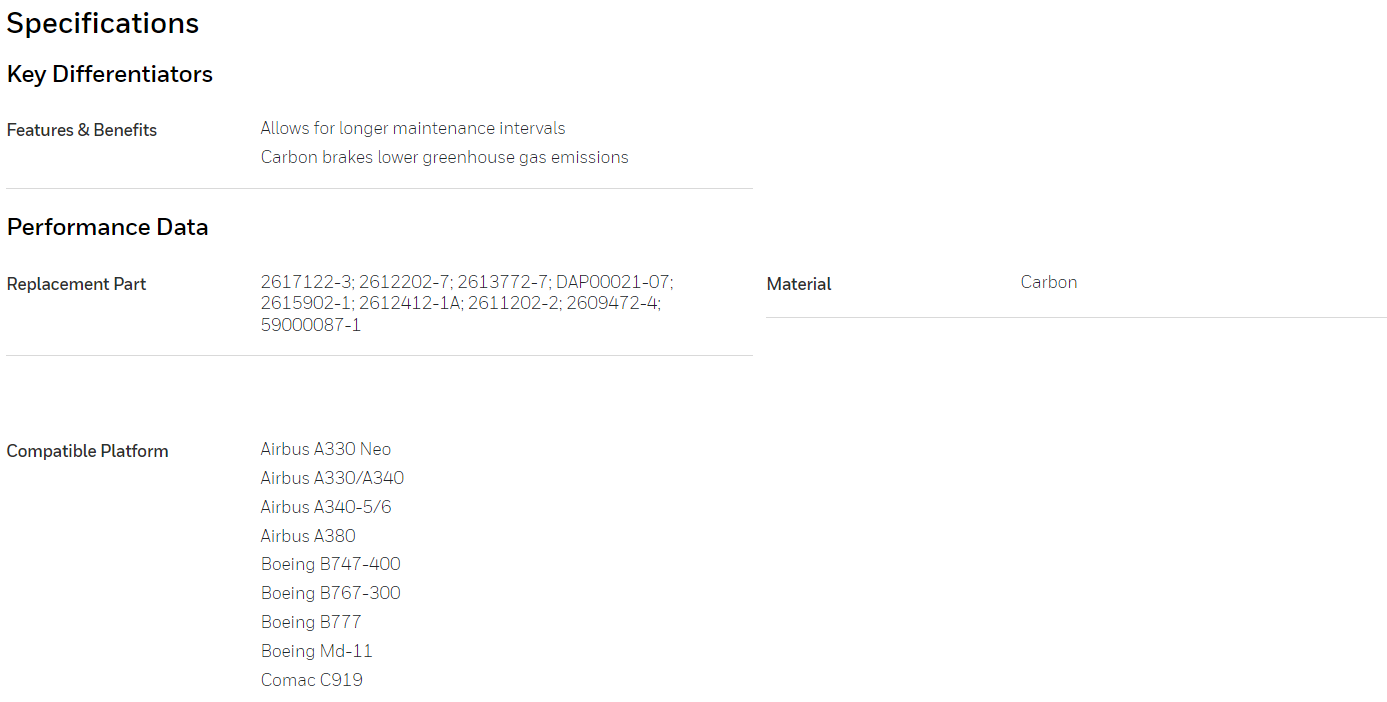
Yes, we retrofit legacy systems (e.g., GE Frame 5, Siemens V94.2) with modern digital controllers, typically completing hardware integration within 4-8 weeks. Software migration requires additional validation time.
We recommend annual performance testing under ISO 3977-2 standards. Critical applications (e.g., offshore platforms) may require semi-annual tests with emissions compliance checks.
All rad-hard devices (e.g., FPGA, ADC) are QML Class V certified under MIL-PRF-38535 and tested to MIL-STD-883 Method 1019 for SEU tolerance. Full qualification reports are available upon request.
Our ASICs and power management ICs operate across -55°C to +175°C ambient temperatures, with derating curves provided in military temperature range (MTR) datasheets.
Our PMA parts (e.g., actuators, sensors) hold FAA/EASA Form 1 certification and match OEM form/fit/function. Installation requires SB/MB documentation per FAA AC 23.1529.
All NAS/MS fasteners include full DNA traceability: melt source (AMS 2301), heat/lot numbers, and AS9100-compliant MTRs with ultrasonic test reports.
AOG orders ship within 4 hours for stocked items (FAA-PMA, EASA Part 21G). Non-stock critical parts trigger priority manufacturing with 72-hour max turnaround.
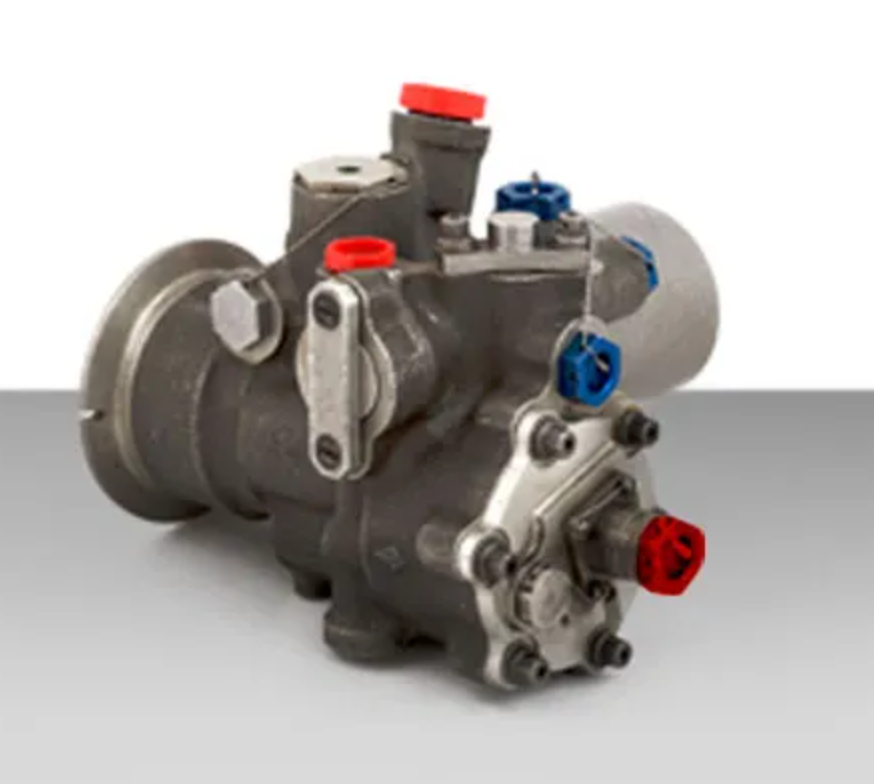
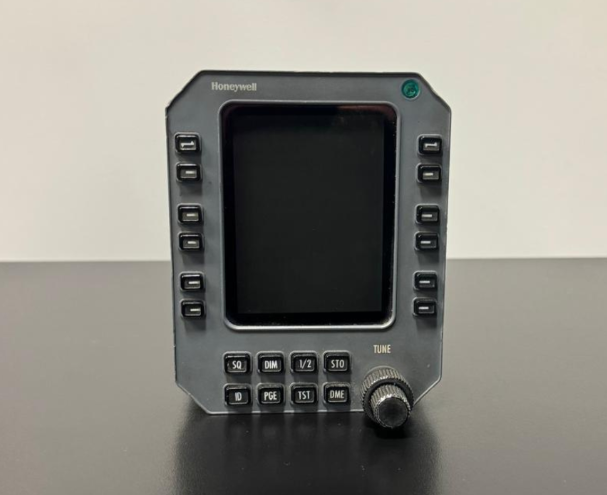
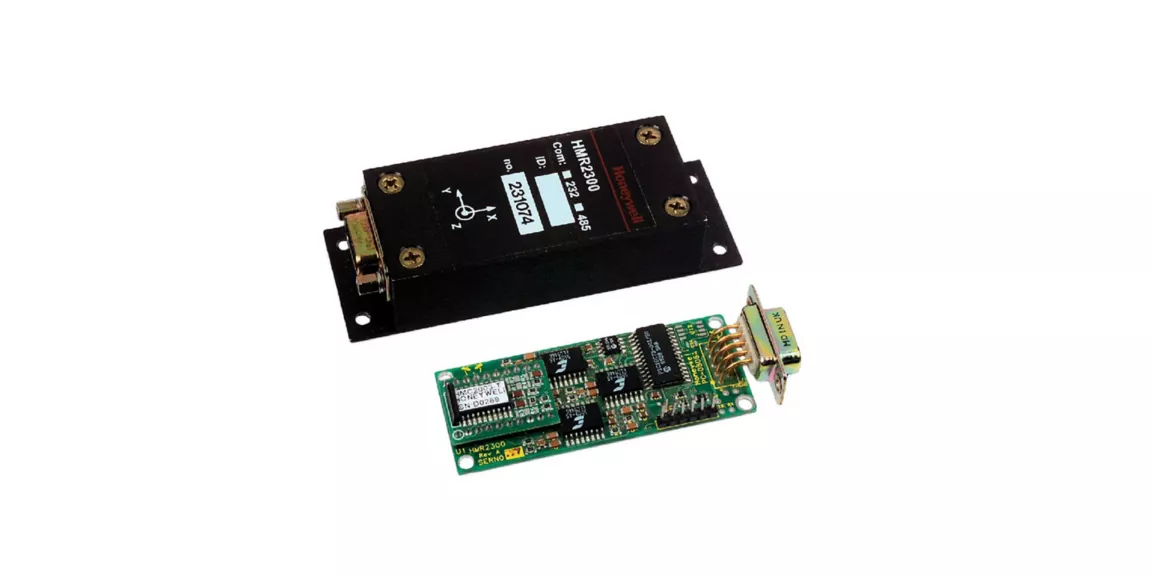

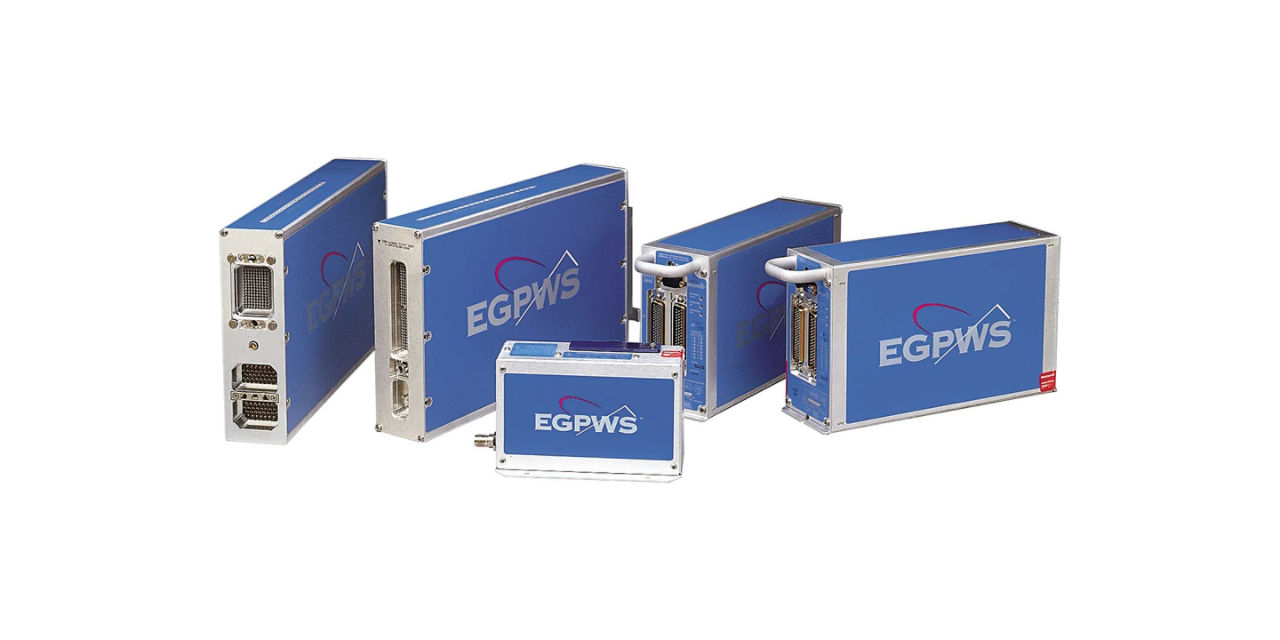
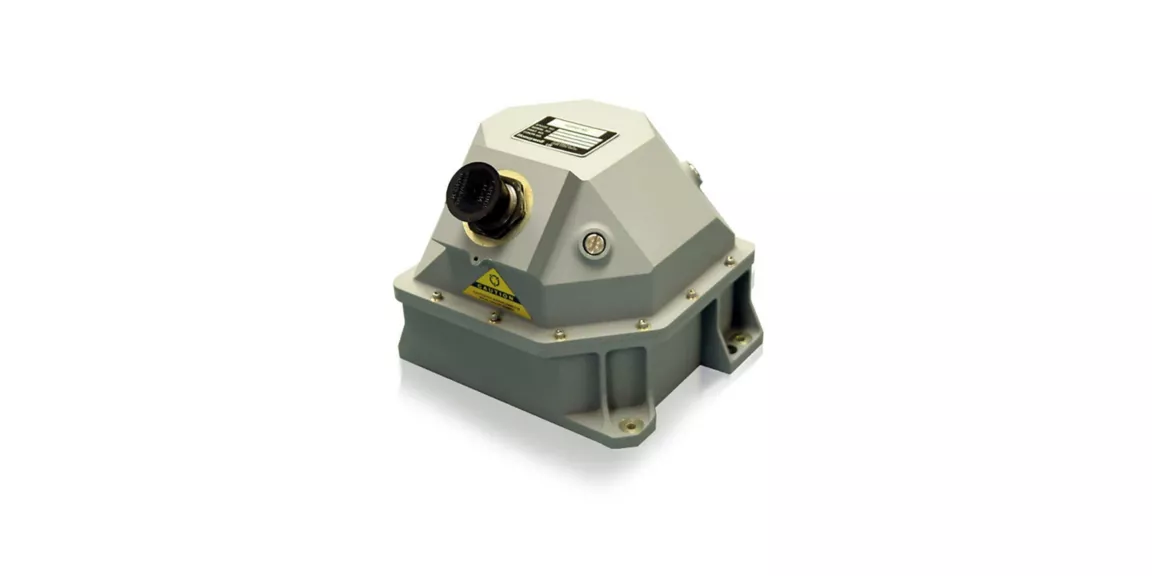
 Gas Turbine
Gas Turbine
 Aircraft parts
Aircraft parts